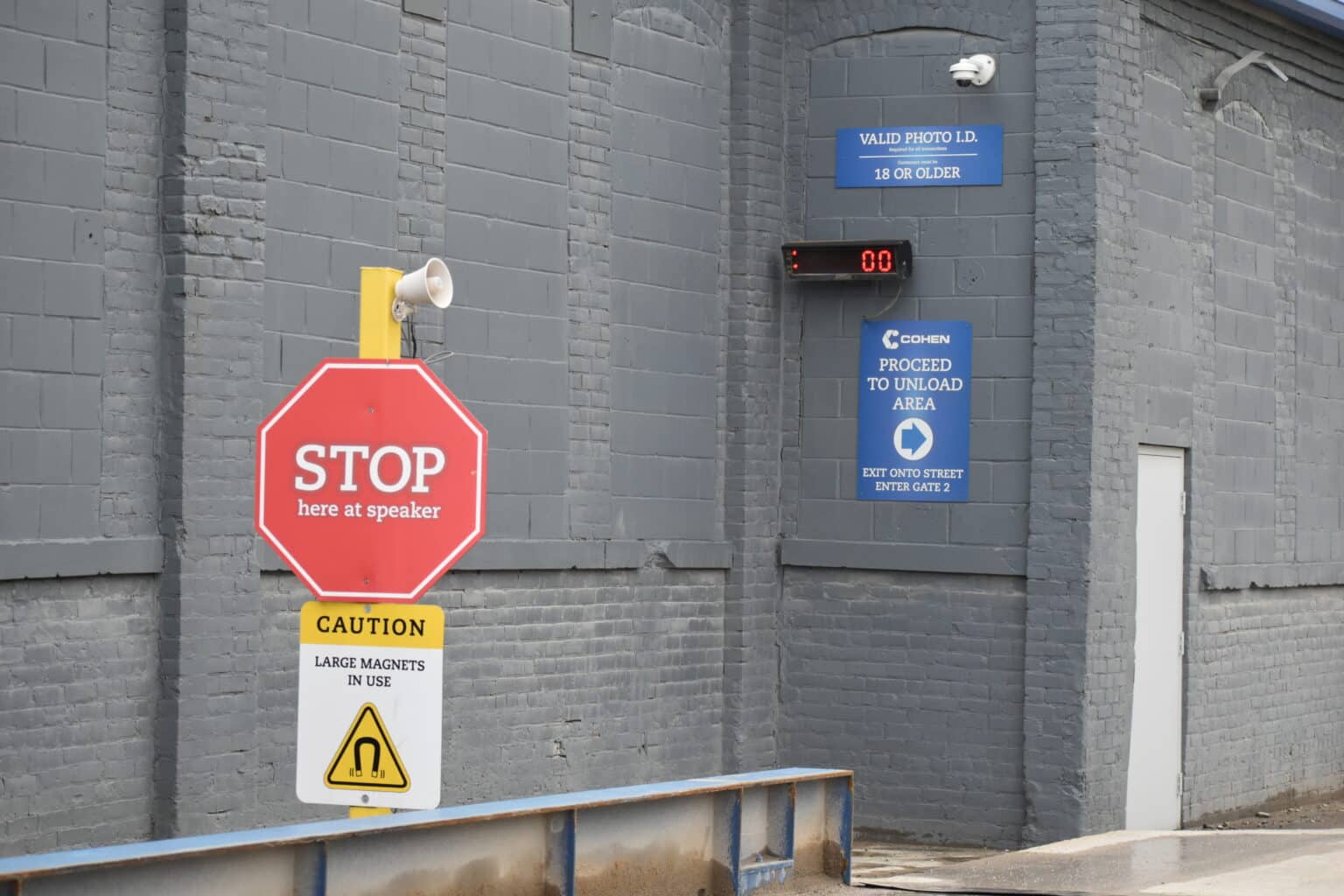At Cohen, safety is not just a priority, it is a core value. Our motto across the company is “Work Safely or Not at All” meaning that nothing gets done that can’t be done safely. This is as applicable to the people who sell us scrap as it is to our own staff.
As we work our way through a global coronavirus pandemic, it’s important for everyone, including scrappers, to keep safety front of mind. We want you to go home every night happy, healthy and virus-free so you don’t develop COVID-19 or infect your family, friends or neighbors.
So let’s talk about coronavirus on surfaces for just a minute, and what you can do to stay safe while you’re out there scrapping.
YES, CORONAVIRUS CAN BE TRANSMITTED ON SURFACES
According to information updated by Harvard Medical School and the World Health Organization in July 2020, it is possible to contract coronavirus by touching a contaminated surface and then touching one’s own eyes, mouth or nose before washing their hands properly.
This includes common scrap materials.
Depending on the environmental circumstances, coronavirus can remain infectious for up to three days on stainless steel, eight hours on aluminum, and four hours on copper. The timeline is similar for brass, which is a copper alloy.
Some might question whether copper and brass are safer than other metals. They are known for their antimicrobial properties, after all, and often used for high-touch applications like doorknobs and faucets. But that does not make them automatically “sanitary” metals, and they have not been confirmed as being coronavirus-spread-proof. The virus can remain on copper and brass surfaces for less time than it can on other metals, but they can still harbor the virus for some time.
Other commonly recycled materials that we know can host coronavirus include:
Cardboard/paper, about 24 hours;
Wood, about two days;
Plastic, about two-three days
Glass, about four days.
PROTECT YOURSELF AND OTHERS
While coronavirus spreads most easily from person to person by way of breathing, you could still transfer it to yourself and other people with contaminated hands.
Here are a few tips to keep yourself and the people you care about safe:
- Avoid scrapping if you or someone in your household is sick.
- Wear a mask if it’s possible someone could come close to you.
- Wear gloves. This is a good idea, anyway, because thick work gloves protect you from cuts and scrapes, too.
- If you want to be extra careful, wear eye protection, too. Coronavirus can enter our bodies through our eyes.
- Avoid touching your face or eating/drinking after handling scrap.
- Use sanitizer or cleaning wipes on your hands, steering wheel and other high-touch surfaces when you get back into your vehicle.
- Wash your hands thoroughly with hot water and soap as soon as you have the opportunity. Consider hand-washing your work gloves with hot water and detergent.
WE’RE ALL IN THIS TOGETHER
At Cohen, we ask all visitors to cover their noses and mouths with face coverings and to maintain physical distance between themselves and others while on our property. We require our employees to wear personal protective equipment when in proximity to others, and have updated our sanitary practices and schedules in accordance with the recommendations of public health experts.
Together, we can avoid becoming infected, infecting our family, friends and neighbors or developing COVID-19. Let’s keep our businesses going and stay safe in the process!


